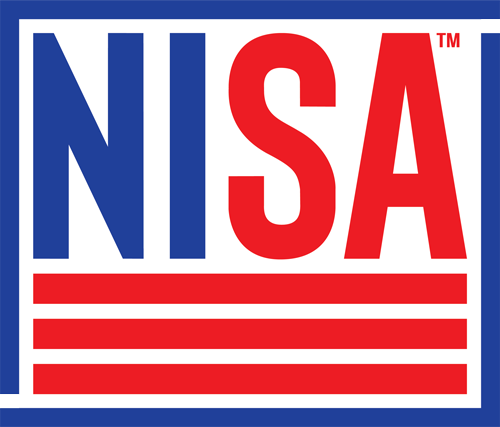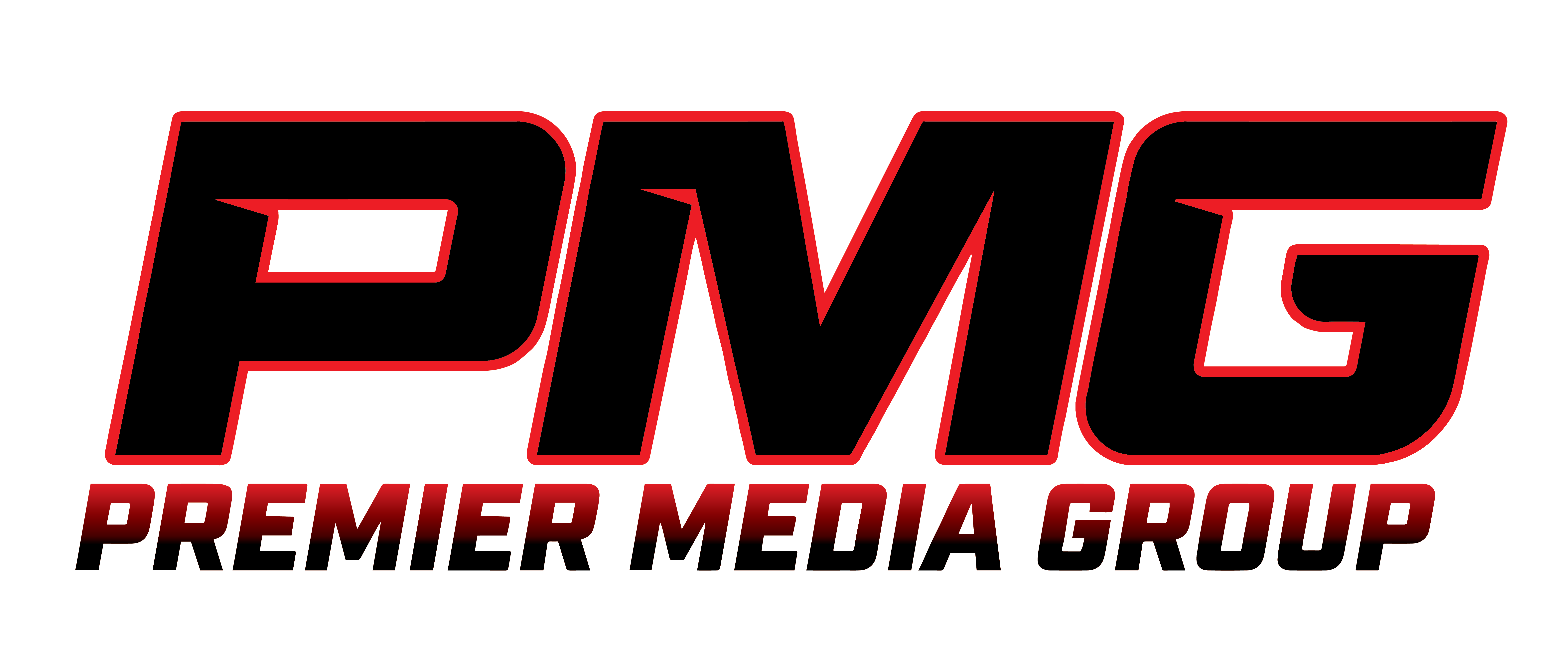New Professional Soccer Club Coming to Atlanta

CHICAGO, IL – Atlanta sports fans have a new team to root for. NISA - the National Independent Soccer Association - announced today that an Atlanta club will compete in the inaugural season of its professional soccer league. Atlanta joins Charlotte, New England and Philadelphia as founding members of this new professional soccer league, which begins play in August of 2019.
Soccer is quickly becoming one of the top sports in Atlanta, and professional matches in Atlanta routinely break attendance records. “Atlanta is not only the best soccer market in America, it’s one of the best in the world” said NISA President Bob Watkins. “It’s an international town that truly loves the game. We believe our Atlanta club will be very successful.”
Atlanta has a rich history in the game. As far back as 1912, games have been played in the city’s historic Piedmont Park. In 1958, Emory University founded the State’s first college team. By 1968, the legendary Atlanta Chiefs had brought Atlanta her first professional sports championship. The city hosted the 1996 Olympic Games, where the American Women took home the first Olympic Gold medal in the sport. Since that time, the city has played host to numerous professional sides, including the Atlanta Apollos, the Atlanta Beat, The Georgia Generals, and the Atlanta Silverbacks.
NISA’s business model is significantly different than other American soccer leagues. Choosing to operate on an international model, NISA clubs will function quite differently – both on and off the pitch.
NISA’s approach to its players sets it apart. Unlike other American soccer leagues, NISA clubs contract directly with their players and control their rights. Throughout the world, one of the main revenue sources for teams is the buying and selling of player contracts. Lower division clubs everywhere sustain themselves by signing players, developing them, and selling their contracts at a profit. As a result, clubs are motivated to develop players – not just for their own use, but for transfer and sale. This is good for the players, who get to move on to higher levels of play, and good for the game.
In American leagues, such as MLS, the individual players are under contract with the league – not their individual team. When a player is developed and sold by a club, the league takes a significant percentage of any “transfer fee” – a cash payment made to the selling team in exchange for the rights to the player - making player sales less lucrative.
To make matters worse, many leagues have salary caps which limit the amount teams can pay their players. As a result, the revenue generated from the sale of a player usually cannot be used to purchase his replacement. Although a player might be worth – and sold for – millions of dollars, the team can only offer his replacement what his predecessor was earning. Unsurprisingly, American clubs have had little interest in developing players or engaging in the international transfer market.
The NISA model is different in several other important regards. In a move away from the closed franchise model that is prevalent in American soccer, NISA operates an open system with no entry fees. This allows its member clubs to run comparatively higher payrolls rather than paying entry fees that frequently run in the millions. More importantly, it allows the NISA member clubs to invest in long-term assets such as stadiums, infrastructure, and youth academies that make it an integral and long-term partner in their communities.
ABOUT NISA:
NISA is an American professional soccer league. Owned by its member clubs, NISA seeks to establish an affordable and sustainable lower division league.
Unlike other domestic soccer leagues, NISA has no entry fees. This allows NISA clubs to invest more heavily in players, youth development academies and infrastructure while remaining fiscally sound.
NISA will play on the international fall-to-spring calendar. This integrates NISA clubs into the worldwide game by facilitating seamless scheduling with clubs throughout the world and allowing full participation in the international transfer market.
NISA is headquartered in Chicago, Illinois.











